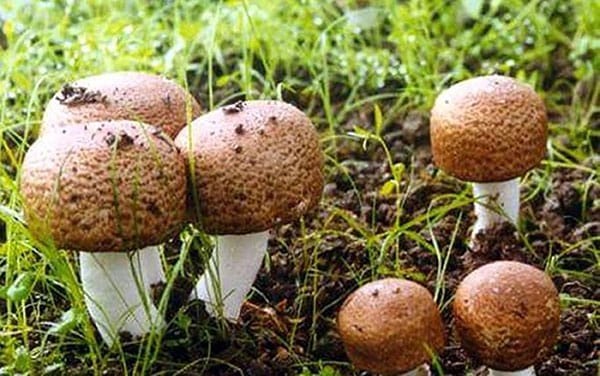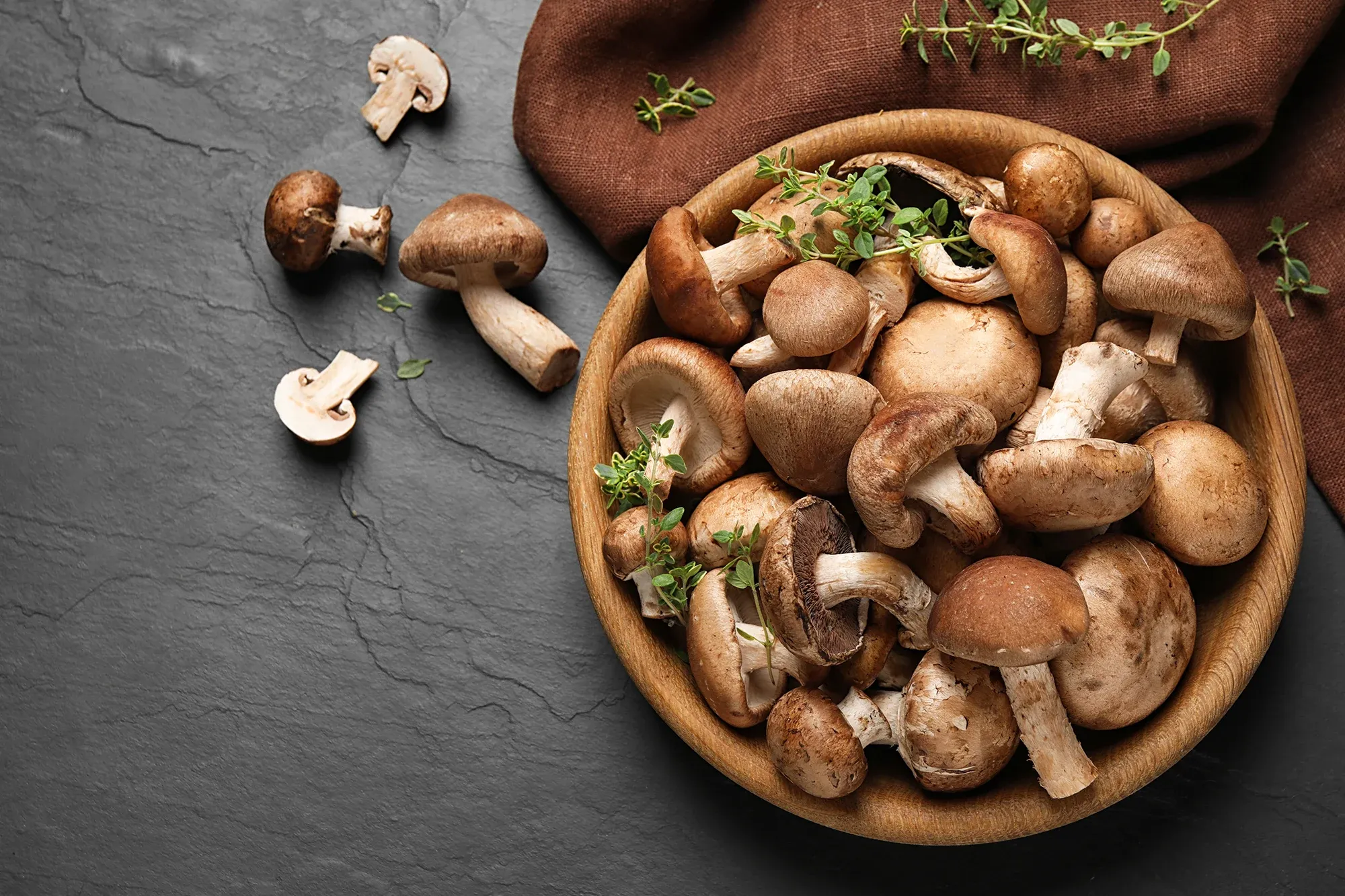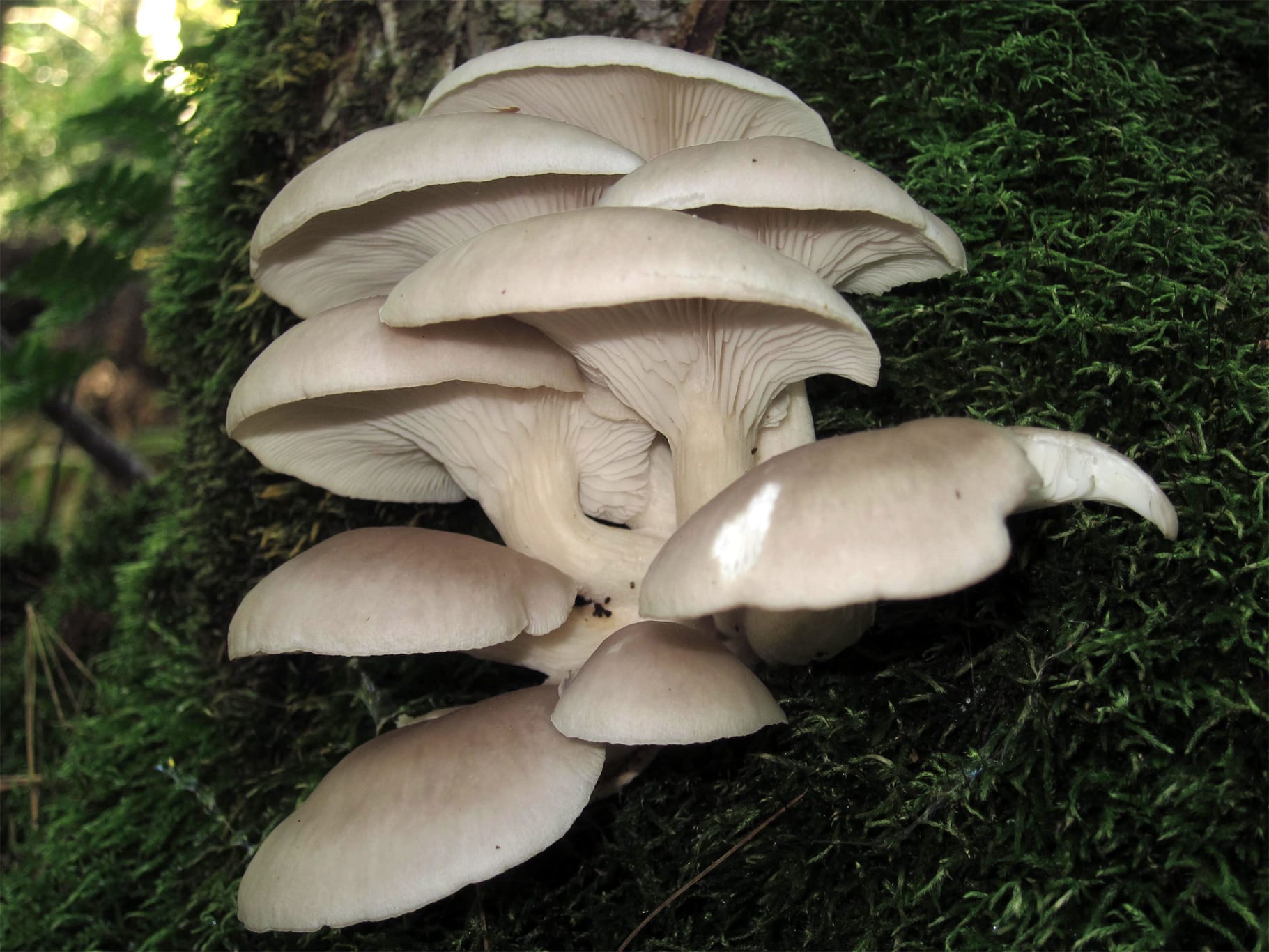Mushroom health

Using mushrooms in medicinal practice dates back hundreds of years, as far as 200 AD with traditional Chinese medicine. In fact, the ancient Greeks believed mushrooms provided strength for their warriors in battle.
Further evidence shows up within the Ayurveda ancient healing system and also native American culture from knowledge passed down through generations.
We are now to where mushroom research gained steam in the late 20th century. Researchers, curious in their study, began looking for ways to isolate the bioactive compounds in mushrooms.
Mushrooms' bioactive compound are now used for medicinal purposes.
Lentinan is a bioactive medication used to treat cancer and HIV. It activates the immune system to fight disease. It enhances the effects of conventional medications, providing the immune system with a fighting chance.
Fungus
Mushrooms are technically a fungus. I know, why would you want to eat a fungus? We are often told fungus is bad for our bodies. Certain mushrooms are good for us, some bad and some fatal. It sounds awful, but it may be worth it to try.
Mushrooms are fascinating plants. One of the few plants on the planet which lack chlorophyl. Without it, they can't use sunlight to make energy. But they found another way. They can break down organic matter and repurpose it for growth and reproduction.
Nutrient Density
Their chemical structure differs from most other plant materials, but they are still a nutrient dense power house. They not only contain essential mineral and vitamins but also are a rich source of protein. Even with the immense store of nutrient, their calorie density is also minimal.
Quite the list of nutrients:
Including selenium, potassium, riboflavin, niacin, vitamin D, proteins, and fiber.
Significant content of vitamins (B1, B2, B12, C, D, and E_
Mushrooms and fungi produce 100 medicinal functions and the key medicinal uses boast many benefits:
Antioxidant power to fight free radicals
Anticancer to both treat and prevent cancer
Antidiabetic improving blood glucose and insulin sensitivity
Antiallergic by regulating the immune system
Cardiovascular protector by lower cholesterol and improving blood vessel function
Antiviral, antibacterial, antifungal and antiparasitic by direct toxic effect and improving the immune system
Liver protective effects by reducing inflammation and improving liver detoxification
Mushroom types
Agaricus

A. Blazie also known as the Sun mushroom. It has incredible antioxidant compounds and exhibits liver protective activities preventing damage. Additional benefits are protection against DNA damage, anti cancer effect, and immune boosting activities.
One study found liquid extracts of this fungus inhibit cell proliferation in prostate cancer cells and oral supplementation suppressing significantly suppress tumor growth without inducing adverse effects. People have used A. Blazei as a supplementary treatment in cancer chemotherapy because it contains diverse types of bioactive components that fight against leukemia.
L. edodes Shiitake mushroom

Historically, people associated shiitake mushrooms with the shii tree because they often found these mushrooms growing on dead or fallen shii tree logs.
It has been used to soothe the common cold for hundreds of years and some scientific evidence has supported this belief. Another mushroom which is a simple source of antioxidant and anticancer compounds.
Shiitake produces lentinan and β-glucan that suppress leukemia cell proliferation and have antitumor and cholesterol-lowering activity. Reports have showed that lentinan enhances your resistance against infections caused by bacteria, fungi, parasites, and viruses.
Pleurotus
Oyster mushrooms

There are approximately 40 species (all are commonly edible and available). Potent and powerful antioxidants, Anti-inflammatory, Immune strengthening, and Anti-cancer
Ganoderma

The mushroom of immortality, commonly known as Lingzhi or Reishi. A mushroom with a robust namesake. It is one of the most popular medicinal mushrooms in China, Japan, and Korea. Used for hundreds of years.
Research shows Reishi mushrooms improve cognition, memory, increase concentration, and ease anxiety and irritability.
Known to support the immune system but also a powerful antioxidant
It also has protective effects on cardiovascular disease.
Its benefits prove to versatile.
Reishi mushrooms can have anti-diabetic, neuroprotective, and anti-cancer properties.
The robust, effective health benefits is no wonder it gained its namesake.
Summary
I know there is quite the short list of mushrooms in this newsletter. The examples given are a testament to not only the nutritional value of these fungi, but show their versatility as it relates to treating disease and ailments. While different cultures have been using mushrooms for centuries, science, in the past few decades, confirms what has been known. It is fascinating that the different compounds produced by mushroom species/varieties can play a powerful role in improving and helping control our health. Mushrooms are the like the Swiss army knife of health foods, giving us the tools needed for improving our quality of life. If you are looking for a way to live a longer and healthier life, then consider incorporating mushrooms into your diet.